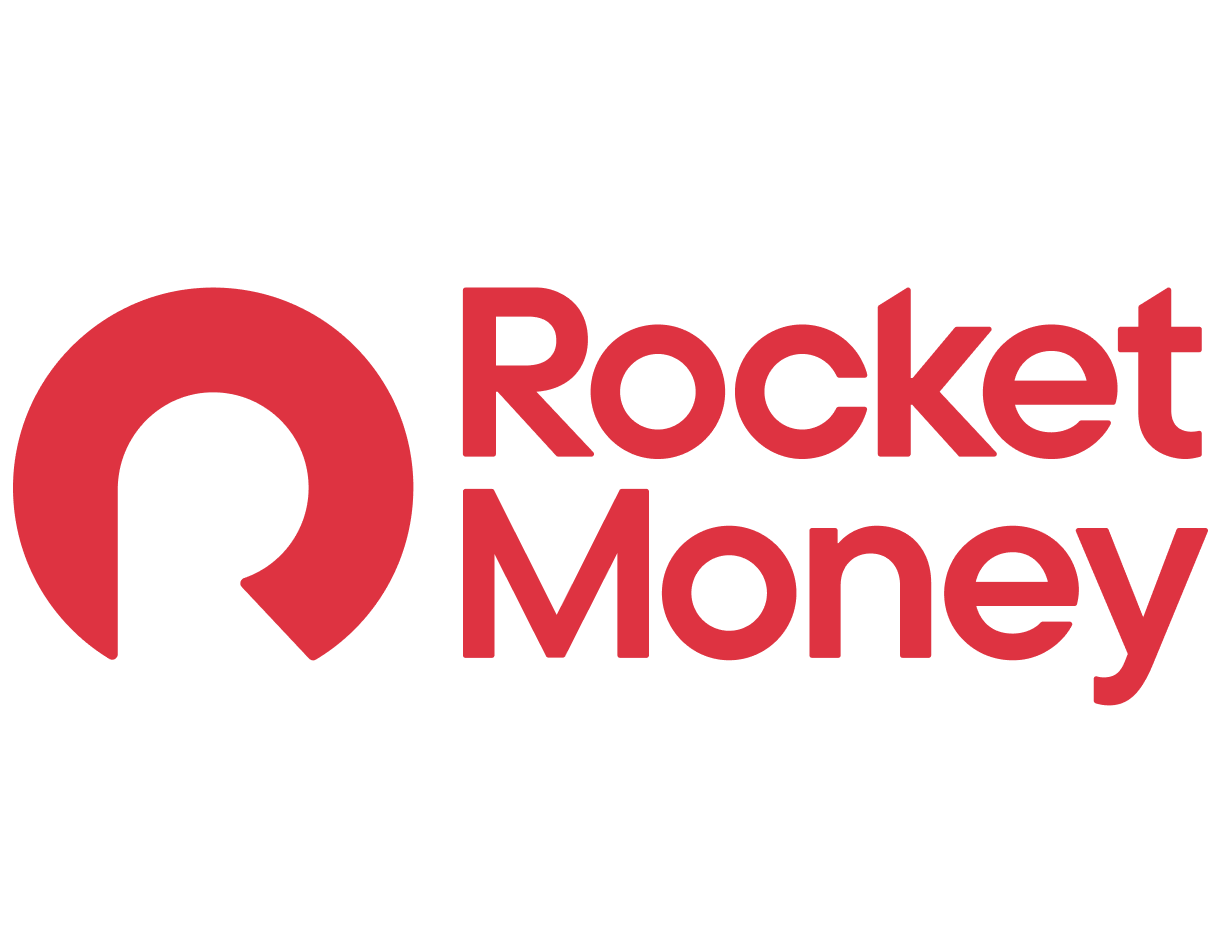I didn't take budgeting seriously until I landed my first full-time job. Before that, I mostly kept a mental tally of what I spent each month and hoped for the best. Spoiler alert: It didn't help.
But once I had steady income (and bills, and adult responsibilities), I knew I needed a better system.
Here's the step-by-step approach I use to create a budget I actually stick to. If you're looking to become smarter with your money, welcome -- this is the perfect place to start.
Step 1: Know how much you earn
Your budget should start with your real monthly income -- not just your salary on paper, but what actually lands in your bank account.
That means you're not including things like:
- Federal and state taxes
- Health insurance premiums
- Retirement contributions -- like a 401(k) or IRA
- Any other paycheck deductions
If your income changes from month to month, take a three- to six-month average. I also recommend basing your budget on your lowest-earning month, just to be safe. It's better to have extra money left over than to come up short.
Step 2: Track your spending
Next, I divide my expenses into different categories to see what I'm actually spending on. This step was a little painful at first, but it was also the most eye-opening.
If you're not a spreadsheet whiz, fear not: there are plenty of great budgeting apps out there to help you automate the process. I'm partial to Rocket Money, which I love and have used for years now. It's a great option for beginners, while still including plenty of advanced tools and customization options if you really want to dig in.
The best part? The Premium plan costs between $6 and $12 a month -- you pick the price, and get all the same features no matter what you choose.
I simply connected all my accounts -- checking, savings, credit cards -- and let Rocket Money automatically categorize my transactions. Within a few days, I had a breakdown of how much I was spending on everything in my life.
Some categories were shockingly high (looking at you, food delivery). But seeing it all laid out helped me spot easy places to cut back.
Want to join me in beginner-friendly budgeting? Sign up for Rocket Money today for as little as $6/month with a seven-day free trial.
Step 3: Set your spending limits
Once you know what you're working with, it's time to actually build your budget. A great place to start: the 50/30/20 rule.
This is kind of like the Golden Rule of budgeting, which says that you should divide up your expenses this way:
- 50% on needs -- Rent, groceries, insurance
- 30% on wants -- Restaurants, entertainment, shopping
- 20% on savings and debt -- Emergency fund, investing, credit card debt
For example, if you bring in $3,000 a month after taxes:
- $1,500 goes to "needs"
- $900 to "wants"
- $600 to savings and paying off debt
You don't have to follow this rule to a "T," but the point is to set clear spending limits so you can make sure you're not overspending. Then you can tweak from there as you see fit.
Step 4: Automate what you can
One of the most helpful things I did was automate everything possible. It cut down on stress and made it easier to stick to the plan.
Here's what I did:
- Automated bill payments for rent, utilities, and credit cards
- Automated transfers to savings every payday
- Turned on alerts for subscriptions, due dates, and budget overages
Setting up automatic transfers to savings right after payday made a huge difference. It meant I was saving first, not just hoping I'd have money left at the end of the month.
Plus, the reminders helped me stay on track without having to constantly check in.
Step 5: Adjust your budget regularly
Like Rome, my budget wasn't built in a day. I'm always tweaking it based on how the previous month went, plus any upcoming changes I might be expecting.
Some examples:
- If I overspend at restaurants one month, I'll try to meal prep or cook more the next.
- If I get a bonus or raise, I'll increase my savings percentage.
- If I cancel a subscription, I reassign that money to another category like travel or extra debt payoff.
Surprises come up all the time, but a flexible budget can absorb those changes without blowing up your whole plan. Treat your budget like a living document -- the more you stick with it, the easier it becomes to manage.
Final thoughts
If you're ready to start budgeting, you don't need to make it complicated. Just start tracking, set some simple rules for yourself, and find tools that make the process easier.
Budgeting apps like Rocket Money can work wonders, though, because they automates the hardest parts -- tracking spending, setting budgets, and managing subscriptions. If you're looking for a beginner-friendly budget, they're a great place to start.
See our full list of the best budgeting apps available today to get started.

FAQs
-
The 50/30/20 rule is a great place to start. It's simple, flexible, and helps you balance needs, wants, and savings.
-
Try for at least once a month. You can review how you did, adjust your spending categories, and plan for the month ahead.
-
Base your budget on your lowest-earning month or use an average. Keep a buffer in your checking account for leaner months.
-
A spreadsheet works fine if you're consistent. Budgeting apps like Rocket Money are great, though, because they save time by pulling all the data for you.
-
Don't scrap your plan -- just learn from it and adjust next month. The goal is progress, not perfection.
Motley Fool Stock Disclosures
The Motley Fool has a disclosure policy.